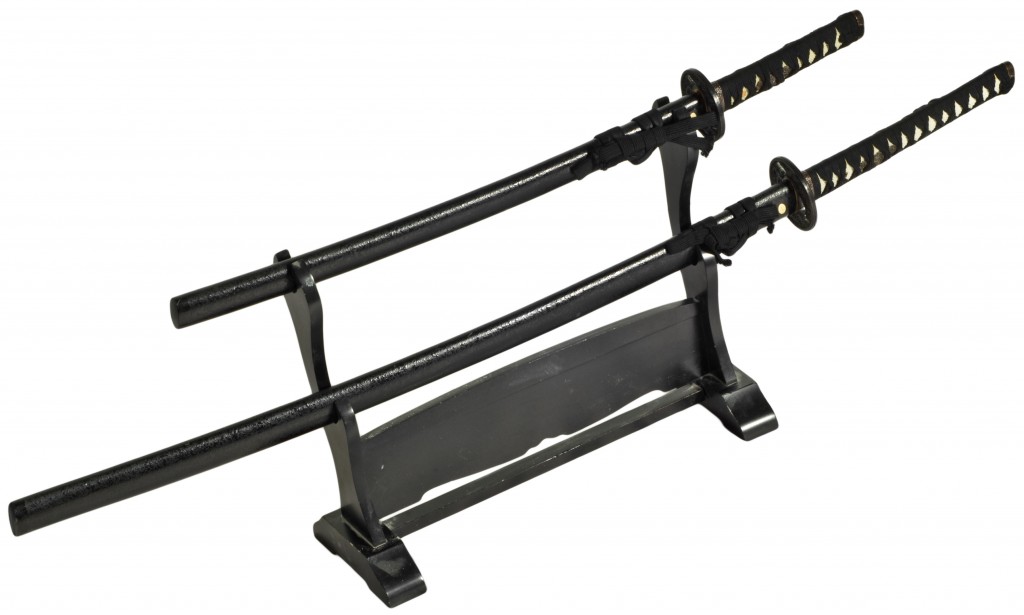I’m about to tell you a story, but I want to quickly preface it by saying that while you may at first glance think this story is about how “it’s okay to cry,” that actually has absolutely nothing to do why I’m telling you this story. Just follow me for a moment.
Several years ago, I sat in a dim room with an awesome young man, face to face, talking about serious things. He was nearing the end of his time at college, and he had recently been asked to take on a leadership role within a long-established community of people. He felt honored and surprised and humbled by the request. I was confident he could rise to the occasion and lead well, but he, however, was not so confident. In fact, he sat in front of me in this dim room looking altogether burdened and distraught, hesitating to express something. Had he committed a crime that would derail his life and disqualify him for leadership? I didn’t know what on earth he was about to confide in me. We’ll call this guy “John.”
In a hushed voice, John said, “Blake, I don’t know how this is going to sound, but I gotta say it…” After a long, looming and suspenseful pause, John said, “I just cry too much!”
Given the dramatic lighting of the room, his subdued voice, and how I secretly was preparing for impact, this odd confession threw me off for a moment. I waited, perhaps wearing some confusion on my face, and he continued after several moments.
“I mean, I want to be able to lead, but I think I cry too much, dude. What if I end up in some situation where I need to be strong and emotionally collected, but I can’t get it together because I’m just feeling something too intensely?”
As you can imagine, the conversation became rather lighthearted and funny after that, as we both poked fun at him crying too much while still giving due weight to what he was genuinely concerned about. I found myself having to carefully navigate how I could affirm that what John was wanting was indeed a strength to be desired, yet also affirm that what he already has—this powerful sense of empathy and ability to feel—is a strength that is also greatly to be desired.
The rationale is this: good leaders are neither emotionally labile nor emotional nincompoops. Good leaders should not be dominated by emotions but instead would ideally have a deep well of emotional intelligence from which to draw as they lead people who themselves experience vast ranges of emotional complexity.
Though John could not have articulated it in the moment, I would say that he was wanting both of these strengths, was questioning whether he could possess the first one (not being emotionally labile), and perhaps not even aware that he may already have the second strength (a deep well of emotional intelligence).
 As the conversation unfolded, we surprisingly found ourselves improvising a metaphor that has stuck with me in the years since. We began to talk about how samurai have two swords.
As the conversation unfolded, we surprisingly found ourselves improvising a metaphor that has stuck with me in the years since. We began to talk about how samurai have two swords.
Historically, all samurai had two swords. One was a long sword—a katana—and the other was a short sword—a wakizashi. There were multiple layers of social and practical purpose behind these two swords, but simplifying for our purposes, a long sword was best for fighting outdoors/open spaces while a short sword was best for fighting indoors/tight spaces.
Make no mistake; the ability to strongly empathize with people you lead can be a massive strength, like a samurai wielding one of his swords. But could it be that part of what it means to truly possess a strength involves the capacity to sheathe the sword at appropriate times so that it is not a weakness? For example, if a samurai goes to bed or needs to brush his teeth but can’t stop swinging his sword like a maniac, he has tremendous problems. He needs to be able to sheathe the sword when it’s appropriate. Incidentally, John and I mimicked this wild flailing behavior in our conversation and it was hilarious.
[Begin semi-philosophical interlude.] Does this sound familiar: “My greatest strength is also my greatest weakness.” Why would this be? How can one even make sense of this? I think this very phenomenon of great strengths in one context being a weakness in another context is exactly addressed by this two-sword metaphor. If our greatest strength can be properly sheathed when not beneficial and properly unsheathed & utilized when beneficial, then is this not what we should seek in the ultimate possessing of a strength? [End semi-philosophical interlude.]
So the parable is this: Every skilled samurai had two swords. His long sword was lethal in the open spaces of a battlefield, but in the tight interior spaces of the emperor’s palace, wielding a long sword could be a grave mistake. If an assassination attempt was made on the emperor in his palace, the samurai could wield his short sword nimbly amidst tight walls and around furniture to defend the emperor. Yet to wield his short sword on an open battlefield would be his death against the longer reach of an opponent’s long sword. Every samurai trained to develop these two strengths and he knew when to sheathe or unsheathe each sword.
Now, with this in mind, I might say to myself, “Blake, you’re pretty good at problem solving at Jackson when you’re doing your front-end-developer website-building-thing. But when you get home and are talking with your wife about an emotionally challenging interaction she had with one of her patients at the hospital, spot when to sheathe your problem-solving sword, huh? She’s not a website problem that needs solving; she needs empathetic communication. Don’t flail about with a samurai sword when it’s time to brush your teeth.”
And I might have said to John, “John, if the people you lead find themselves in the throes of a tragedy, a leader who can deeply empathize with them will be a great blessing. Yet you’re right; there may be moments in that tragedy where you will need to be able to sheathe your sword of powerful emotional connection and instead pull out the sword of equanimity, because the people you lead may need a voice of courage and vision and strength to anchor them within the tide of their emotions. Though your throat may want to close for want of crying in a moment like that, it would indeed be a strength to be able to select when to sheathe that sword in favor of the other. And, John, you can learn this strength without dulling your other sword.”
This is the concept of two swords that I want to be able to reference in the future. In this blog series, we will soon look at workplace conflict together. When we begin looking at skillful conflict in the workplace, seeking courage and vision for when conflict is merited, we will want to affirm that for conflict avoiders, there may be many things behind their conflict avoidance that are superb strengths in many situations, but are manifesting as weakness at work in avoiding otherwise-beneficial conflict—conflict that would otherwise be very beneficial. We may need to learn to sheathe those strengths and unsheathe the different sword of career-strengthening conflict.
Till then, fellow-samurai-in-training, train like your career depended on it!





